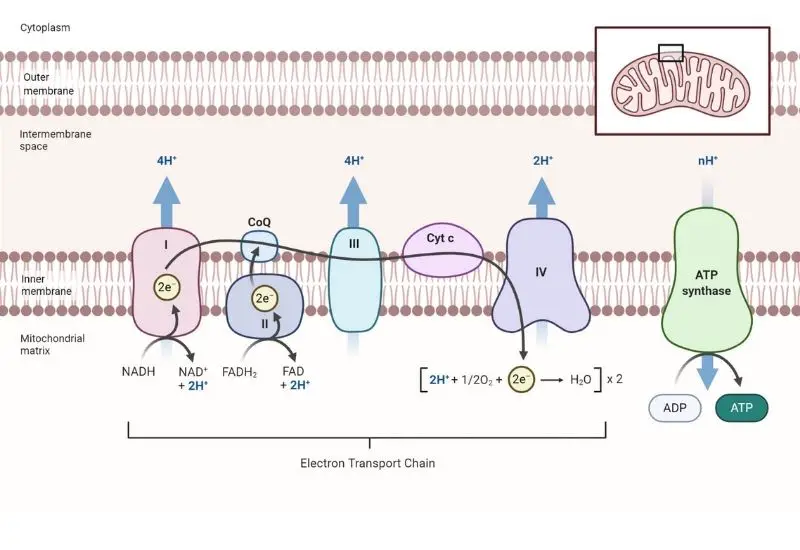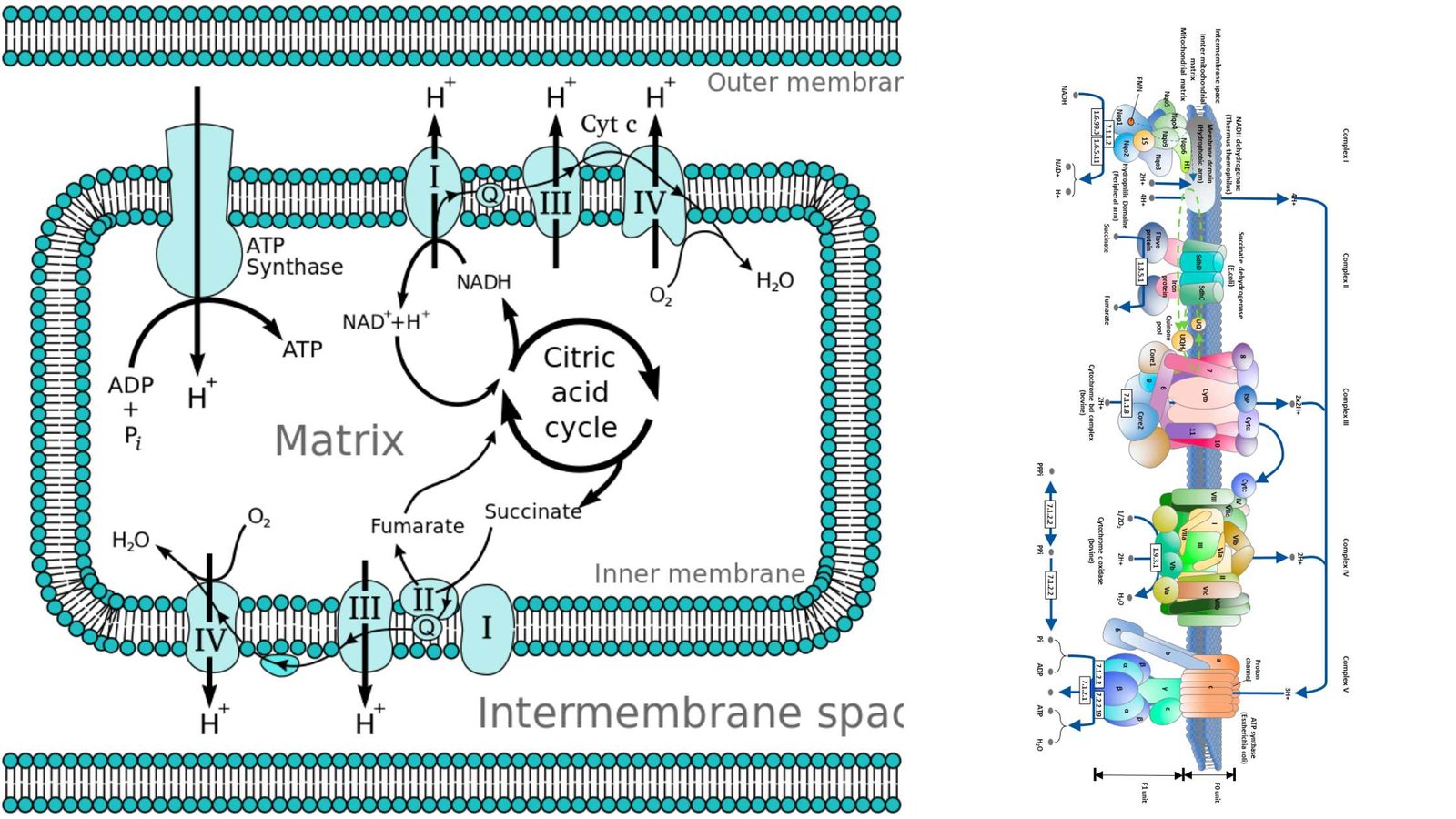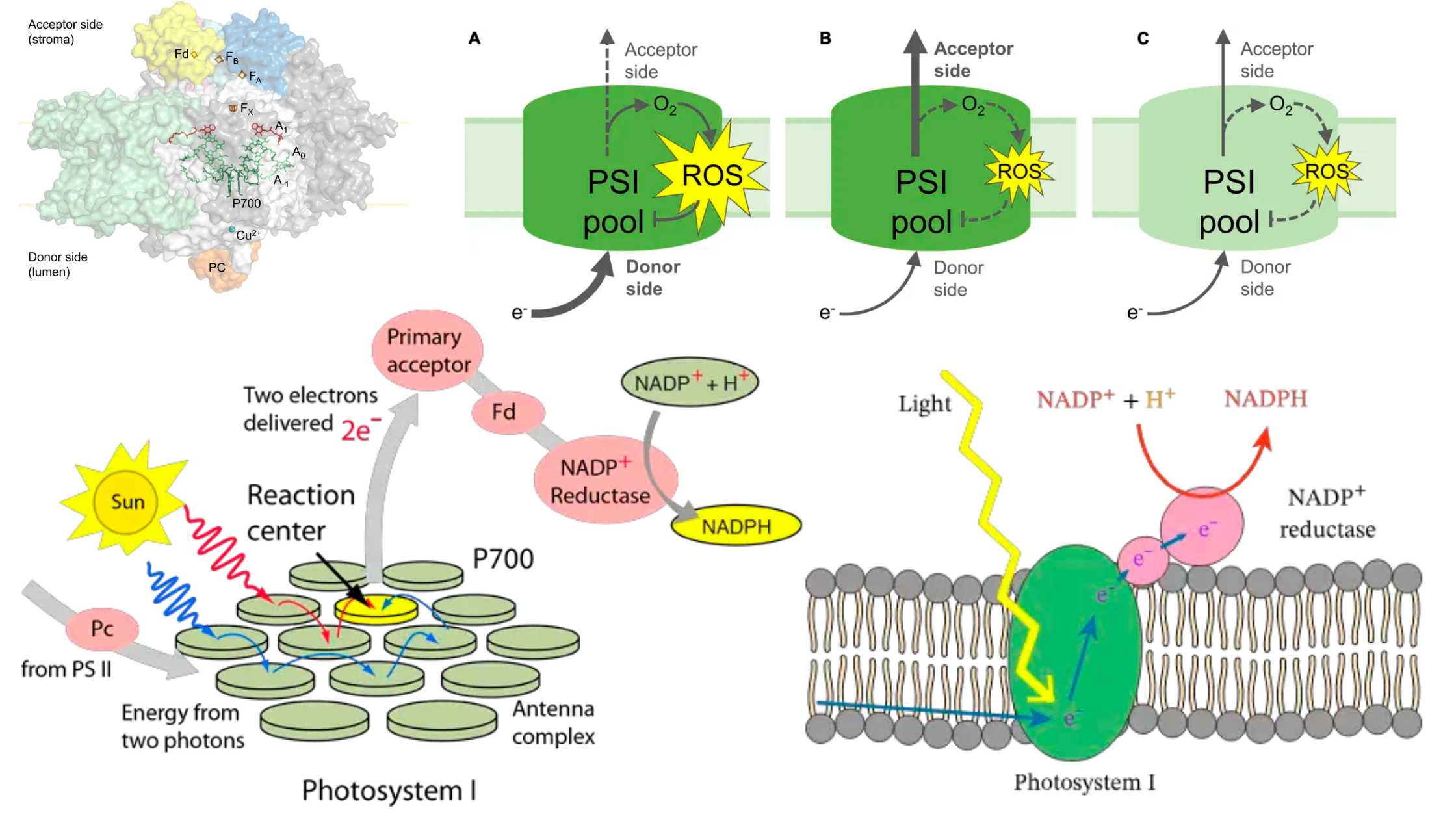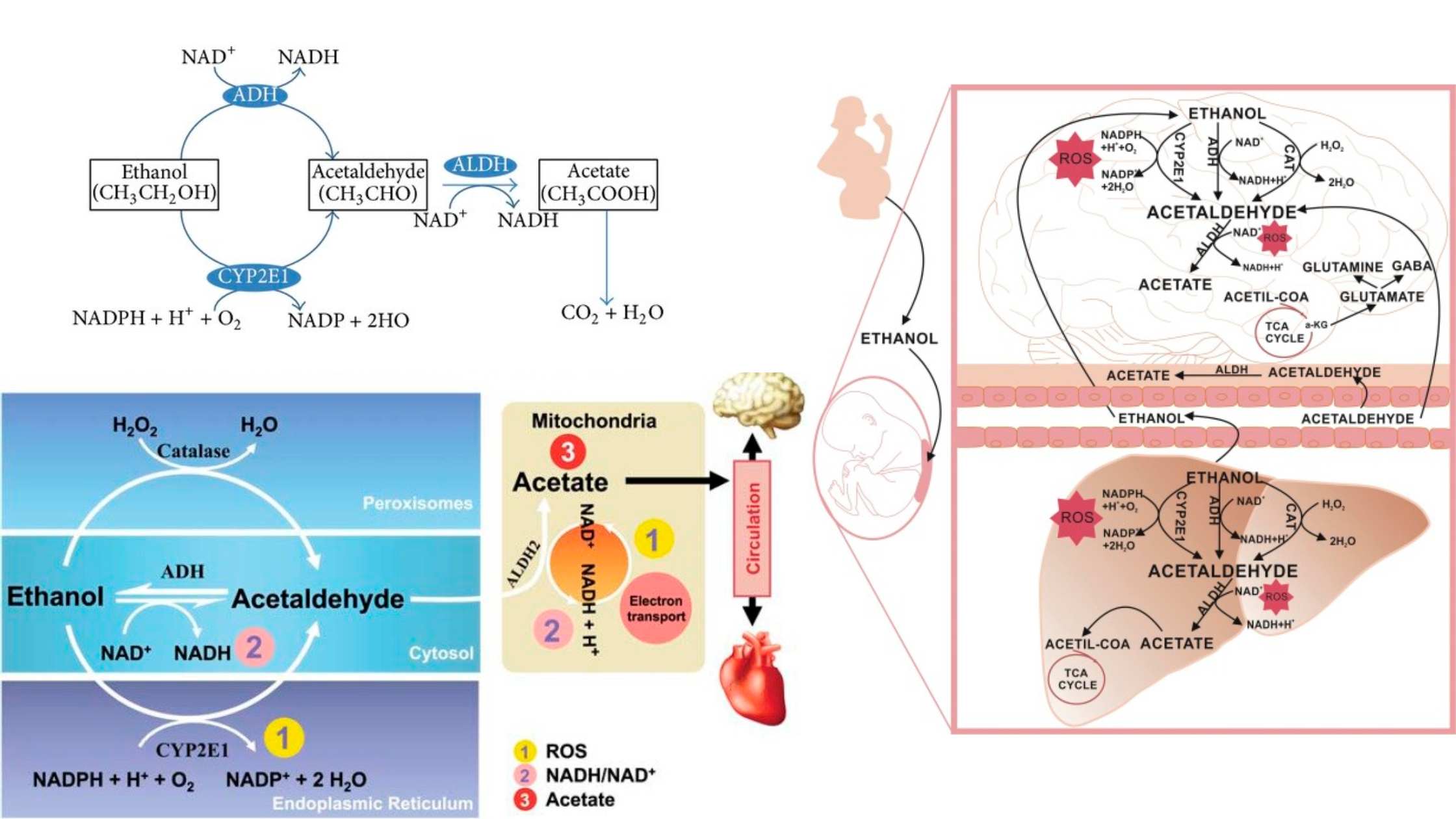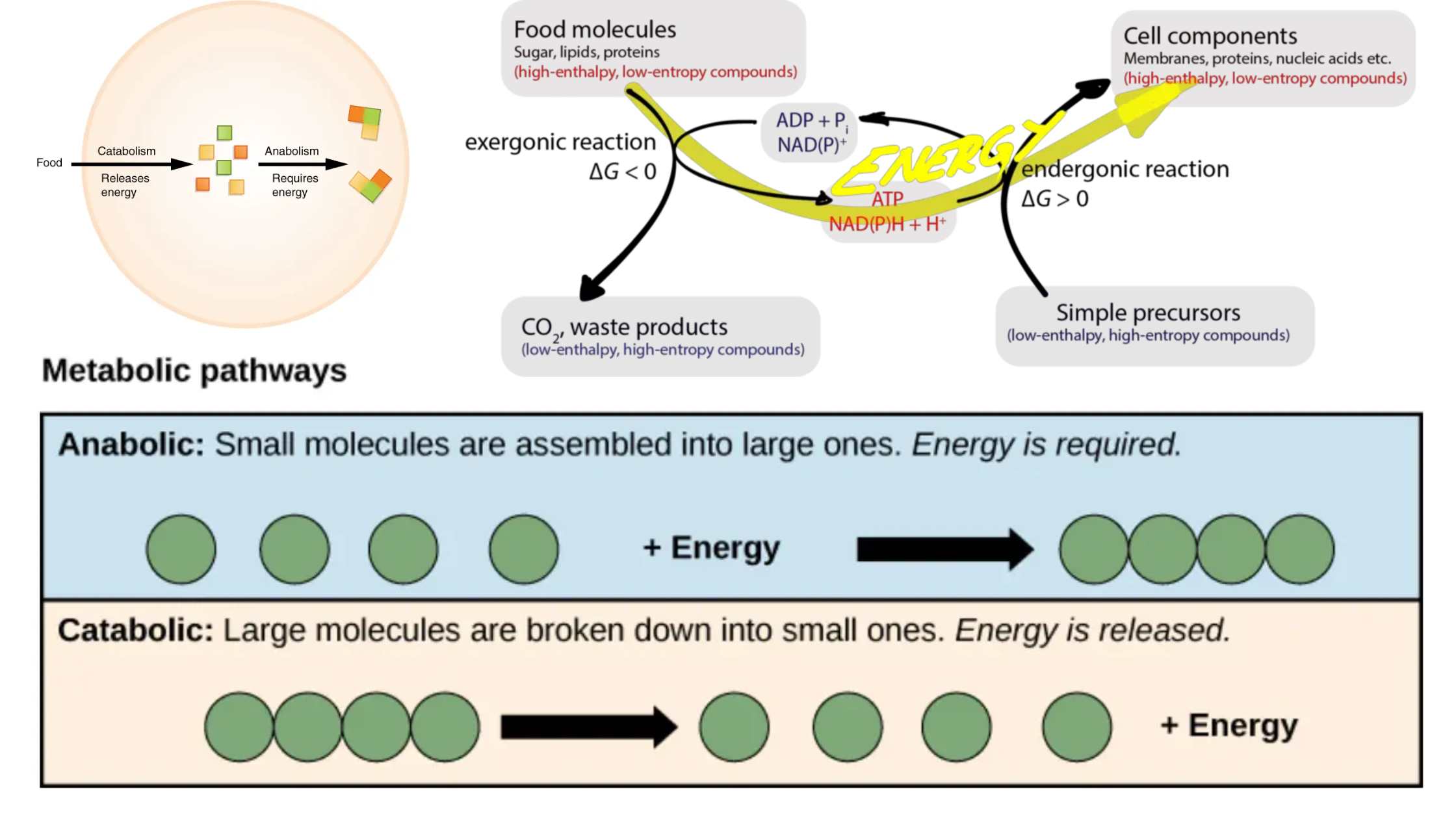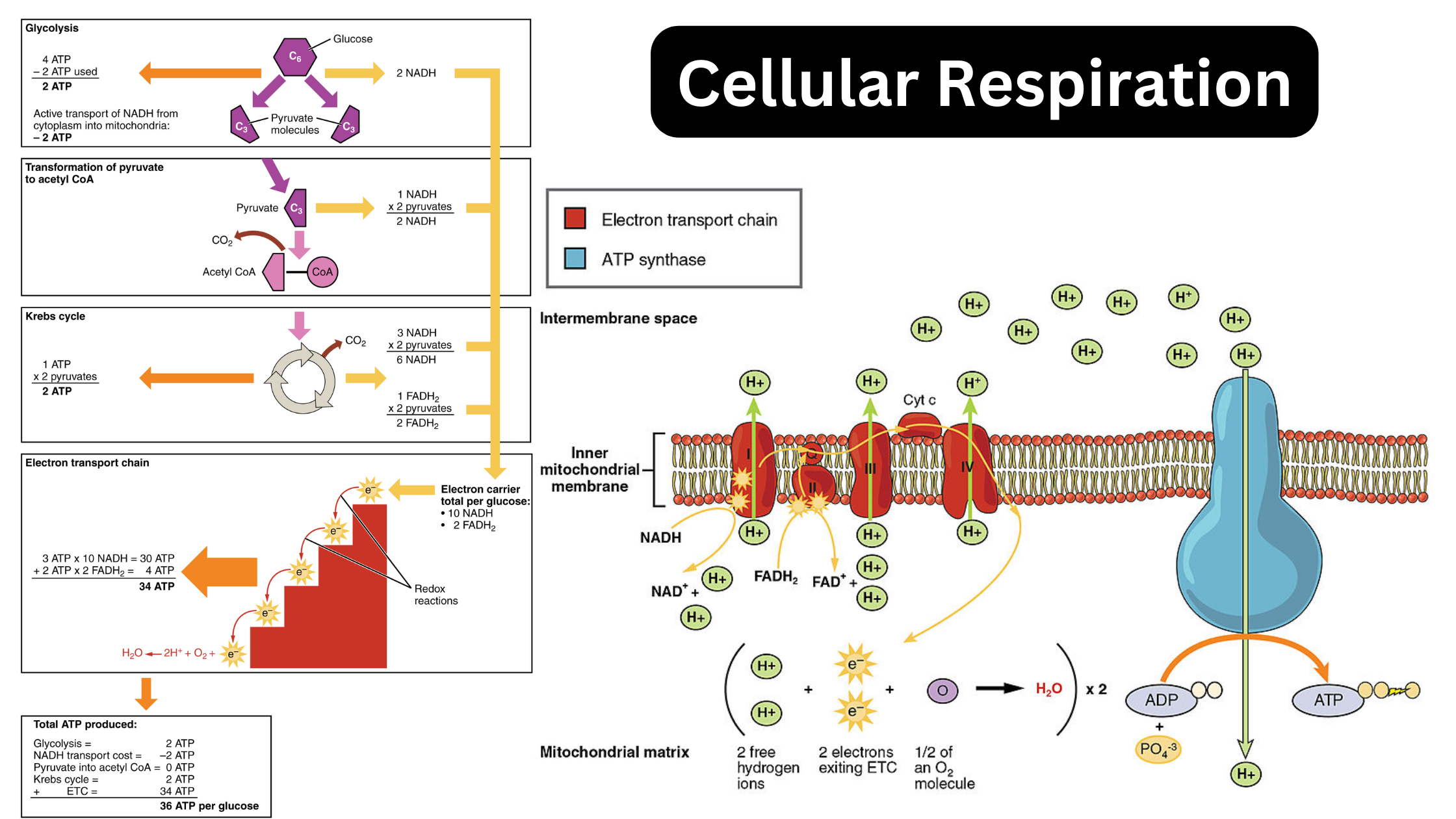Electron Transport Chain – Diagram, Definition, Steps, Products, Importance
What is the Electron Transport Chain? Electron transport chain Definition The electron transport chain is a series of protein complexes and molecules located in membranes, where electrons are transferred through redox reactions to generate a proton gradient that drives ATP synthesis via oxidative phosphorylation. Electron Transport Chain Animation Video Fundamentals of the Electron Transport Chain … Read more
